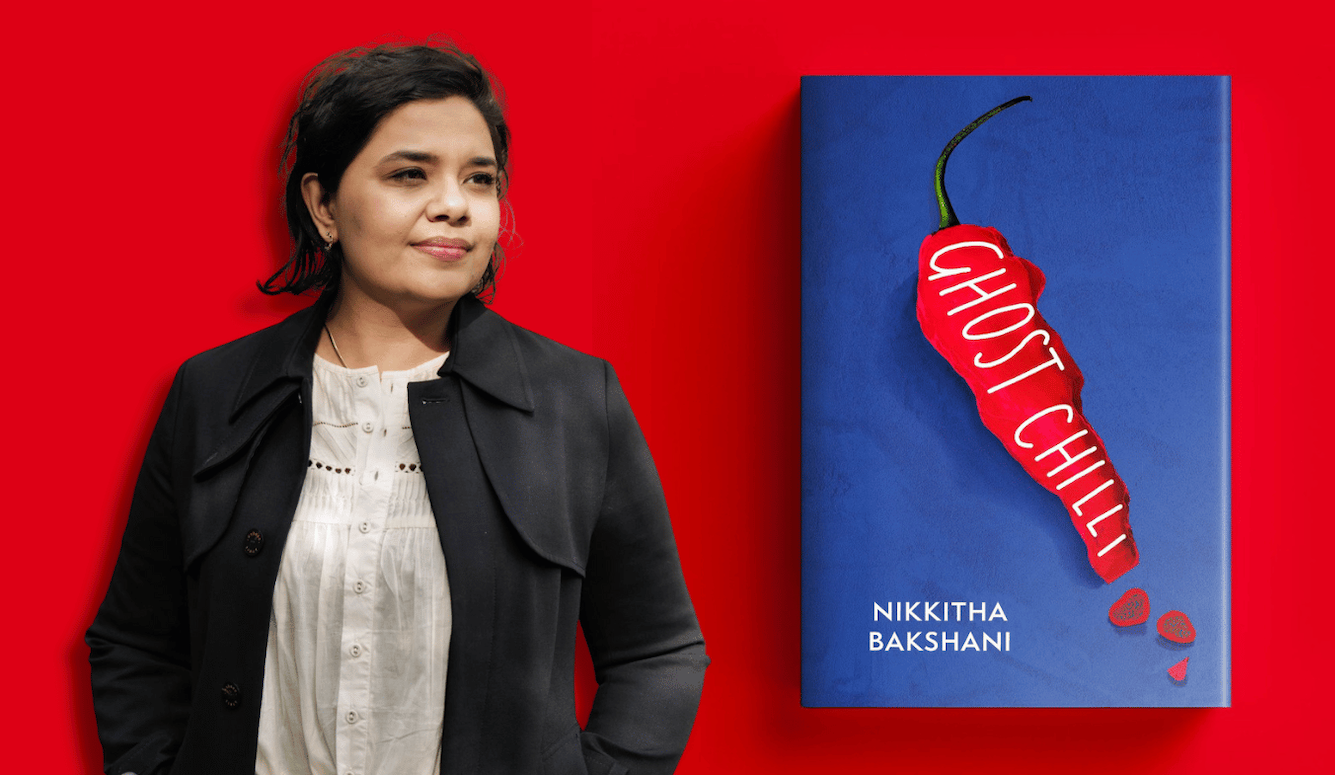Art and Culture
Literary Prozac
Matthew Gasda’s new novel unfolds in a haze of empty dialogue and overwrought introspection.

A review of The Sleepers by Matthew Gasda, 288 pages, Arcade Publishing (May 2025)
In his 1919 essay “Tradition and the Individual Talent,” T.S. Eliot writes, “Poetry is not a turning loose of emotion, but an escape from emotion; it is not the expression of personality, but an escape from personality.” It’s not feelings of personal injury and past trauma that we mine for poetic inspiration, it’s the archives of the canon. The artist becomes a vessel for tradition, synthesising pre-existing forms into something new. In so doing, the artist removes any trace of himself—or at least any trace that critics should concern themselves with. Eliot had more than an academic interest in separating the personal from the poetry—his private life was famously troubled, not least by his institutionalisation of his wife. But we need not adopt his coldblooded formalism to recognise the value of cultivating a “historical sense.” Without it, we are confined to the material of our own lives and the preoccupations of the present.
This is the territory staked out by Matthew Gasda, a New York playwright and novelist. In a recent article for UnHerd, he argues that novels “need a past; they need genealogies, textures, roots—even if they’re set, roughly, now.” The problem with a lot of contemporary fiction, he continues, is that it is rootless: “detached from history and philosophy, stuck, like an algorithm scroll, in the meaningless present.” Much of what passes for cultural production today is drawn from the same “mode of speech, system of ideas, style of discourse” of the technologically homogenised urban monoculture. The contemporary novelist’s task, Gasda insists, is to “bundle the data of reality” in ways other than how social media does. Novels should be more than the literary equivalent of online memes, social-media activism, and therapeutic self-diagnosis. “If novelists stop taking us away from the pathologies of the present,” Gasda asks, “then what are they up to?”
These are strong words from Gasda, who as a critic, may have dug his own grave as a practitioner. In his fictional worlds, characters chatter and nothing happens; everyone hates their partner, their friends, and is sleeping with their friend’s partner (whom they also hate). As a reviewer of Gasda’s pandemic-era breakthrough work Dimes Square puts it:
The play’s dramatis personae—twenty-something musicians, artists, filmmakers, fashionistas, and think-piece churners who gather in an artsy Chinatown apartment to do drugs, rounded out by a pair of middle-aged hangers-on from the city’s literary scene—certainly share a fatalistic mentality. Here is a group of people whose little corner of the world threatens at any moment to sink irrevocably into the mire of corporate pseudo-creativity, influencer homogeneity, and podcasted drivel.
In Gasda’s new novel The Sleepers, the cast is unchanged, only slightly older. The central emotional conceit involves the toxic push-pull between Dan, a failing Marxist academic nearing forty, and Mariko, a 32-year-old actress whose ambitions have faded along with her looks. Though their arcs are slightly more than straight lines, the dynamic is sustained at a monotonous emotional pitch of near-collapse, punctuated by the odd dopamine rush of overstimulation. Dan and Mariko “couldn’t exist without the tension of possible catastrophe,” and in every scene, neither knows how much longer they can “go on like this”—which, across 300 pages, makes you wish they wouldn’t.
Like Gasda’s DIY stage work, The Sleepers is sparsely furnished. Realism is conjured through trivial dialogue and fleeting thoughts. “The cashew yogurt tasted like shit, but it was better than straight-up carbs. Was there honey in the cabinet?” Mariko wonders. Later, after pulling down her pants to urinate, she flushes “with her toes.” These details rarely contribute to our understanding of either character or story, and this realism-without-substance approach creates a novelistic texture akin to doomscrolling; you read something irrelevant, distasteful, or both before quickly moving on and forgetting it.
The entire novel unfolds in a haze of empty dialogue and overwrought introspection. Gasda leans heavily on ponderous exposition and vague psychoanalytic jargon to explain his characters. Dan realises that he wants to date teenagers—a desire apparently “rooted in his own creative-intellectual despair”—but that he also wants Mariko to be his “sexualized mother.” Women, we’re told, hide the smell of their own faeces—a “semi-mystical, totally illogical” fact somehow attributable to “repression.”

Gasda delivers generalisations like these in a third-person free indirect style that blurs thought and narration, resulting in aphorisms that may belong to his characters or to Gasda himself:
Men all wanted the same thing: they wanted to be adored and cared for. They wanted their cheeks stroked.
and
American capitalism was such that either you were unsuccessful and poor, doing mean, ugly labor—or successful and trapped in meaningless, soul-destroying labor.
and
Money wanted to be the only value and it spent itself ruthlessly to erase the memory and awareness of other kinds of wealth: spiritual, emotional, aesthetic.
and
Politics was not moral-ness (which was to be further distinguished from morality or moralism). Politics had nothing to do with a luminous heart.
and
Human cognition wouldn’t act on the sense-data of climate change. That was asking too much.
The glib authority of these insights (usually framed as sociocultural generalisations: boys do this, society is like that) suggests that they are issued by an omniscient narrator expressing Gasda’s opinions. But whether or not these are authorial interjections, they are more like chin-stroking Twitterisms than profound insights (although the intended point may be to criticise Dan or our culture). More damningly, however, they reveal the biggest problem at the heart of this novel. Some novelists, like Bellow, have brains, others, like Lawrence, have hearts, and the best, like Dickens, have both. This feels like it has neither.
The book, and its aphorisms, are written in the voice of what Substack writer and author Will Storr calls the “Impersonal Universal.” It doesn’t sound like a real person—nor do you get the impression that Gasda is actually concerned with real people. Instead, one imagines Gasda as Storr’s “hammy actor doing wise poetess on the mountaintop,” pronouncing “grandly upon the human condition.” But, as Storr writes of this style in general, “there is a white-noise generality to its insights.” At worst, this style curdles into a tendency to manufacture stakes with vague introspection. “What do you do,” Mariko asks herself, “when the sincerity that binds you to yourself and the world disappears? Should you proceed as if nothing has changed? Propelled forward by one’s own considerable self-deception and commodification?”
I don’t know what Gasda means by this, and I doubt he does either. But it’s clear he wants to trade in big ideas like alienation and disembodiment. Yet even when he touches on something meaningful, he fumbles the exposition, struggles to link theme and action, and renders intimate moments sterile with language of the leather couch and seminar room. When Dan loses his job, for instance, he reflects that he’s been freed from “cognitive labor,” glad to no longer be part of the “meritocratic elite.” After an argument, Mariko “implicitly had always understood that his de facto reasonableness could never match the force of her sheer personality.” Elsewhere: “Nina seemed positively frightened of the psychosexual drama of human socialization.” You get the idea. One could sensibly argue that this style has little capacity for understanding the world, or people, outside of the abstract because its only concern, or reference, is itself.
All of which is to say that The Sleepers is a thoroughly unfeeling as well as a frequently thoughtless novel. It demands attention but its eyes are vacant. Don’t expect any complexity, love, or tragedy in this novel—just boredom, horniness, and existential resignation. In the place of dramatic action, we get awkwardly rendered introspection. Characters “internalise,” “dissociate,” create “boundaries,” and “fail to integrate.” Even sex is filtered through therapeutic self-mythologising: a Tinder date asks Dan to climax with her, accidentally “letting slip a hint of vulnerability—an unfulfilled wish (replacing her ex).” A sympathetic reader might argue that Gasda is simply holding a mirror to a generation of anxious narcissists stuck in precarious work, unfulfilling relationships, and their own minds. The melodrama, the confused therapeutic justifications, even the mountaintop prose—isn’t this a reflection of our self-conscious, disembodied, and meaningless age (or at least a spoiled middle-class sliver of it)?
But this defence fails on Gasda’s own terms. In his UnHerd article, he claims that “pandering to the present has not saved the literary novel,” but he is yet to command a range beyond the scatterbrained and scattered lives of the mediocre elites that he professes to criticise. Gasda might have pulled this off had he offered some fundamental challenge to the tenets of the therapeutic worldview; something beyond the “pathologies of the present.” But the novel’s ideas are as empty as its characters’ lives; it swims in therapeutic currents without irony, without distance, and without an aesthetic transcendence or a broader intellectual vision that might have justified the indulgence. Even the supposed satire—praised as “prophetic” by a reviewer at RealClearBooks—is unsubtle. We’re told (never shown) that the Marxist dreams of owning a Tesla, that the male feminist chases submissive “Asian women,” and that the “queer theorist” is addicted to pornography. But the only way these work as exposés is of the shallowness of the author’s intellectual enterprise.
Ultimately, art is not the emotionless science Eliot made it out to be. Writers have selves as well as traditions to incorporate. Success in art depends on a sort of Aristotelean education of the emotions—not just the deployment of ideas. But, despite the odd quote from Stanislavski, Gasda has neither integrated himself into a tradition nor refined a self that is worth listening to. Indeed, it’s hard not to see unsympathetic Dan as a stand-in for Gasda: both are roughly the same age; both write vague, aphoristic essays; and the character of an “emotionally injured” man-child who wants “attention” appears across enough Gasda productions to raise a few eyebrows.
Sonorous though much of Gasda’s criticism may sound—to break from “the tone and stylistics of the contemporary novel is to break from the metaphysics of contemporary life,” he writes in UnHerd—the only artistic palette he has, and thus the only “metaphysical horizon” he reaches for, is the grey blue of a phone screen in a dark room. The results are literary Prozac: numbing, dull, and affectless. There is nothing new in Gasda’s world. No brains, no beauty, and no warmth of personality to make up for it. He reaches for seriousness, and maybe one day he will get there, but so far he has a style that mimics depth; a style indistinguishable from the MFA bubble he claims to reject.






